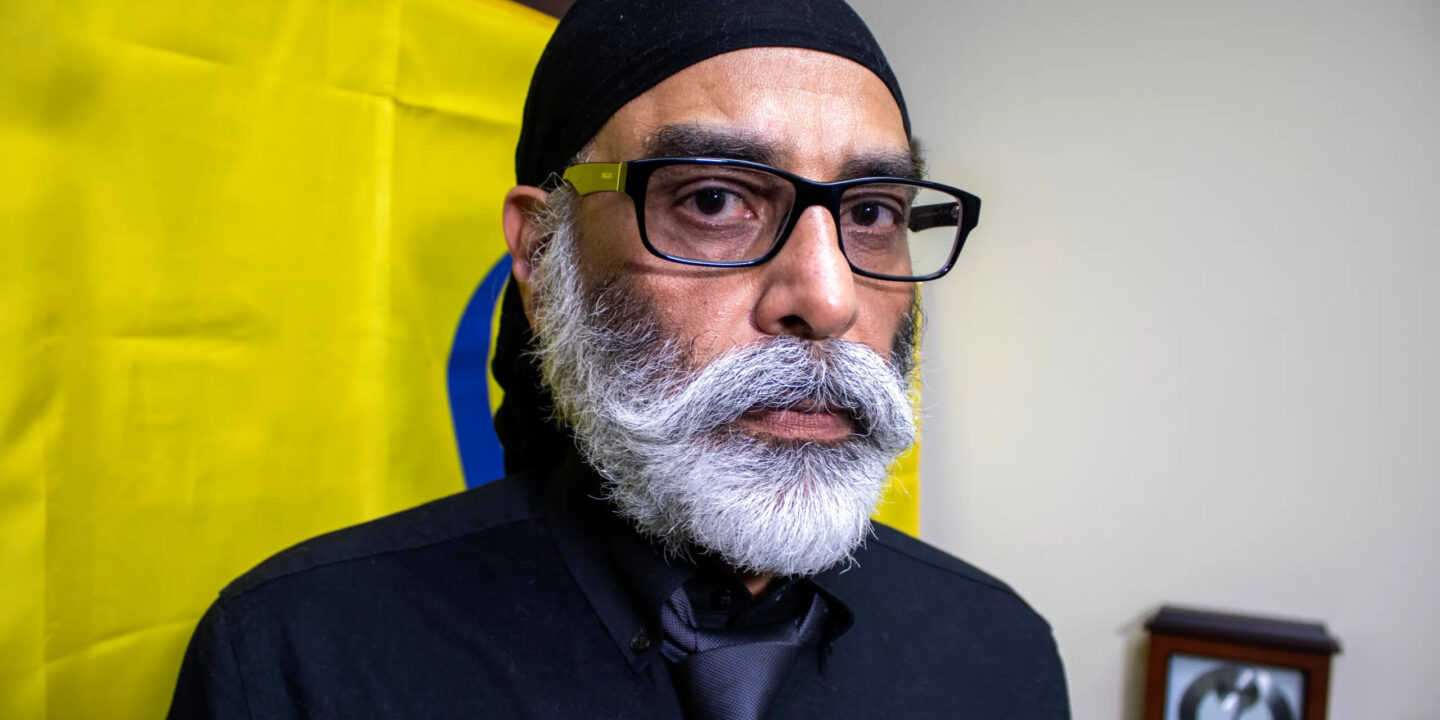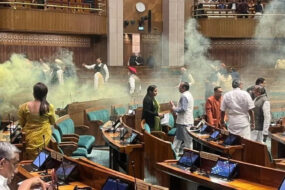
New York, January 12, 2024: The simmering saga of the Gurpatwant Singh Pannun murder plot boils over as a US court throws down the gauntlet, demanding a swift and transparent response from the Biden administration regarding its purported link to Nikhil Gupta, an Indian citizen implicated in the assassination conspiracy. This unexpected development, thrusting the case beyond a mere criminal trial, ignites a firestorm of legal and diplomatic questions around international cooperation, legal jurisdiction, and the potential for strained relations between the US and India.
Gupta, arrested in June 2023 in the Czech Republic, stands accused of conspiring with an undercover US federal agent to eliminate Pannun, a Canadian-American resident advocating for an independent Khalistan state. His defense team, claiming lack of transparency and crucial evidence, filed a motion to compel discovery, effectively demanding the US government reveal its knowledge and actions in the case.
In a bold move, Judge Victor Marrero, presiding over the case, has directed the Biden administration to respond within three days. This response, keenly anticipated by legal experts and observers of US-India relations, is expected to address:
- Nature of US-India Collaboration: Did the US actively involve Indian authorities in monitoring Gupta or the alleged plot? Were intelligence resources shared, and to what extent?
- Legal Ramifications: The court seeks clarity on the legal basis for US involvement, considering Gupta’s Indian nationality and the planned action on US soil. This complex intersection of jurisdictions demands careful explanation.
- Evidence Transparency: Will the US government, citing national security concerns or ongoing investigations, withhold crucial evidence requested by the defense? Striking a balance between transparency and security will be a delicate act.
The court’s demand for clarification sends shockwaves through both legal and diplomatic circles. While collaboration between nations in combating terrorism is essential, concerns regarding due process, legal transparency for foreign nationals, and potential political fallout simmer beneath the surface.
The response from the Biden administration and the subsequent legal proceedings in the Pannun case promise to be closely watched. This saga, transcending the courtroom, has ignited a vital conversation about international cooperation, legal boundaries, and the pursuit of justice in a world increasingly interconnected yet riddled with legal intricacies.





















